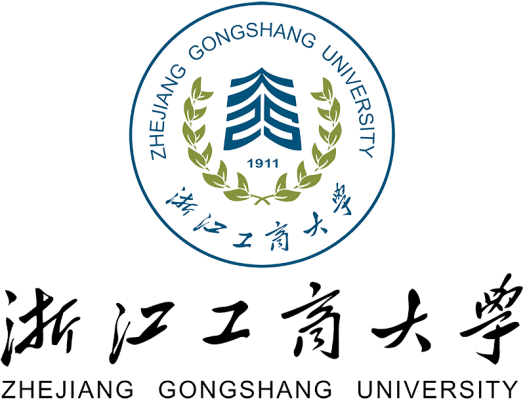IEEE ICCC 2024 Workshop on
Intelligence-native and Cooperation-native RAN for 6G
Hangzhou, China|7-9 August 2024
ORGANIZING COMMITTEE
Jiacheng Chen, Peng Cheng Laboratory, China, chenjch02@pcl.ac.cn
Jianbing Ni, Queen's University, Canada, jianbing.ni@queensu.ca
Wenchao Xu, Hong Kong Polytechnic University, China, wenchxu@polyu.edu.hk
Jie Gao, Carleton University, Canada, jie.gao6@carleton.ca
Nan Cheng, Xidian University, China, nancheng@xidian.edu.cn
Haibo Zhou, Nanjing University, China, haibozhou@nju.edu.cn
SCOPE AND MOTIVATION
The groundbreaking advancements in artificial intelligence (AI), particularly in generative AI (GAI) models, are driving the conceptualization of an intelligence-native radio access network (RAN) design. A promising avenue lies in augmenting the cooperation among heterogeneous nodes within the existing RANs to unlock the transformative capabilities of AI, aimed at enhancing spectral efficiency, mitigating interference, and eradicating coverage gaps. Representing a cooperation-native RAN architecture, the fully-decoupled RAN (FD-RAN) introduces unparalleled flexibility to RAN operations by splitting traditional base station (BS) functionalities into three distinct physical entities: the control BS, uplink BS, and downlink BS. FD-RAN builds upon and enhances existing cooperation features from C-RAN, heterogeneous networks, and cell-free networks, thereby poised to revolutionize paradigms governing physical layer transmission, MAC layer resource allocation, and user service delivery. For instance, the utilization of GAI techniques can aid in the acquisition of channel state information (CSI), through learning latent wireless channel representations. Furthermore, the integration of GAI and reinforcement learning (RL) methodologies could yield highly optimized decisions for large-scale cooperative resource scheduling with minimal latency. Additionally, leveraging large language models (LLMs) could enable a deeper understanding of user-specific service requirements. Hence, the evolution towards intelligence-native and cooperation-native RAN architectures holds the promise of delivering a more resource-efficient, cost-effective, and user-centric RAN ecosystem poised to meet the demands of 6G networks.
TOPICS OF INTEREST
• Architecture and protocol design of intelligence-native and cooperation-native RAN
• Novel physical layer technologies in intelligence-native and cooperation-native RAN
• Resource management and scheduling in intelligence-native and cooperation-native RAN
• Personalized service provision in intelligence-native and cooperation-native RAN
• Security and privacy in intelligence-native and cooperation-native RAN
• Intelligence-native and cooperation-native space-air-ground-integrated RAN
• Learning and representation of channel for intelligence-native and cooperation-native RAN
• Digital twin for intelligence-native and cooperation-native RAN
• Hardware and software prototyping of intelligence-native and cooperation-native RAN
• Network operation and management of intelligence-native and cooperation-native RAN
IMPORTANT DATES
Deadline for paper submission: 1 June 2024
Date for notification: 15 June 2024
Deadline for final paper submission: 1 July 2024
SUBMISSION INSTRUCTIONS
All papers for workshop should be submitted via EDAS through the following link: https://edas.info/newPaper.php?c=32115














